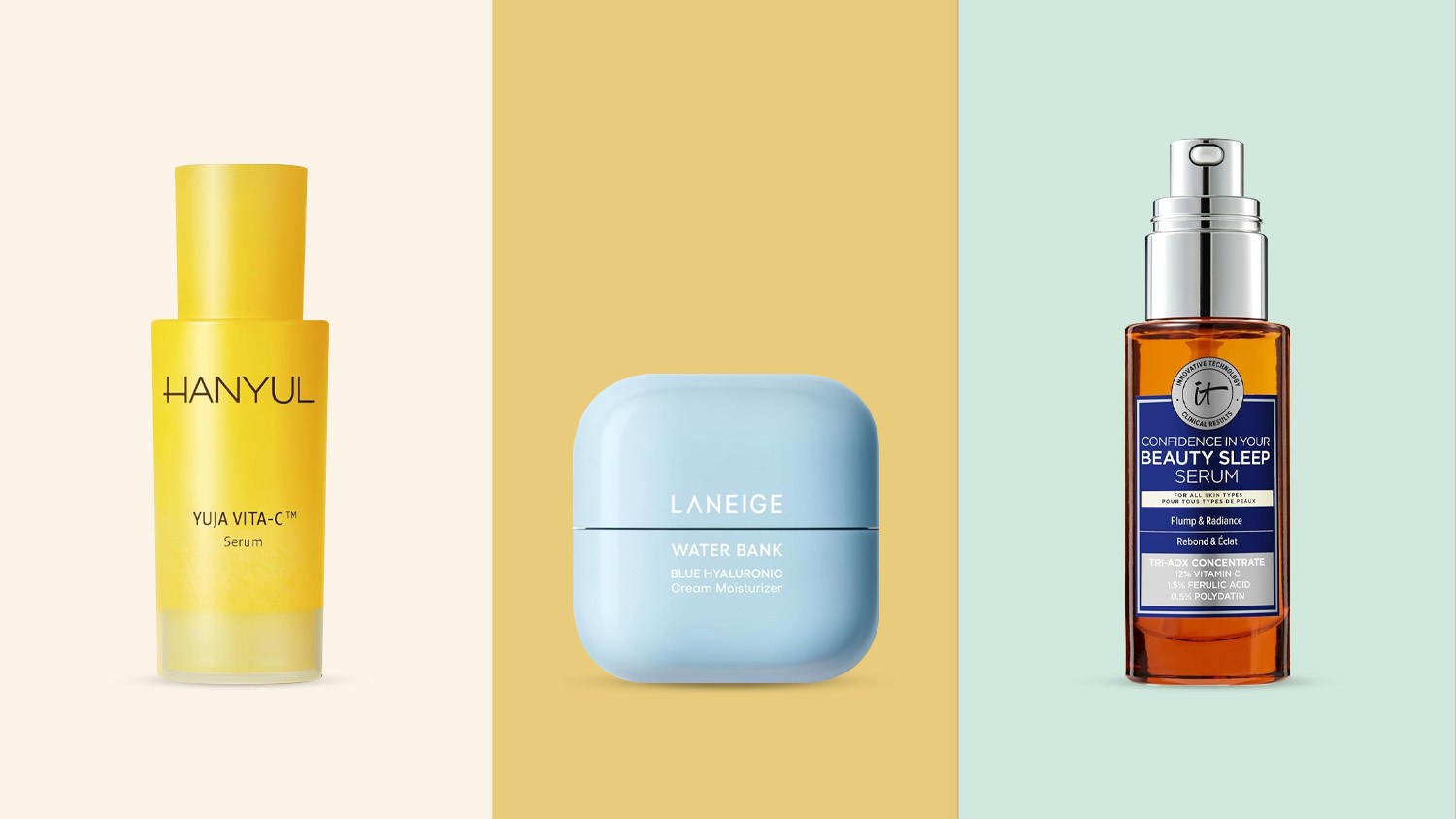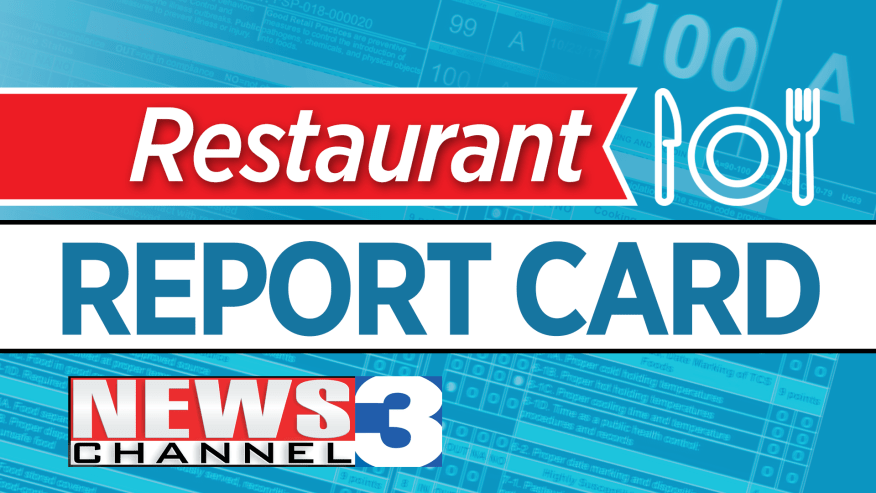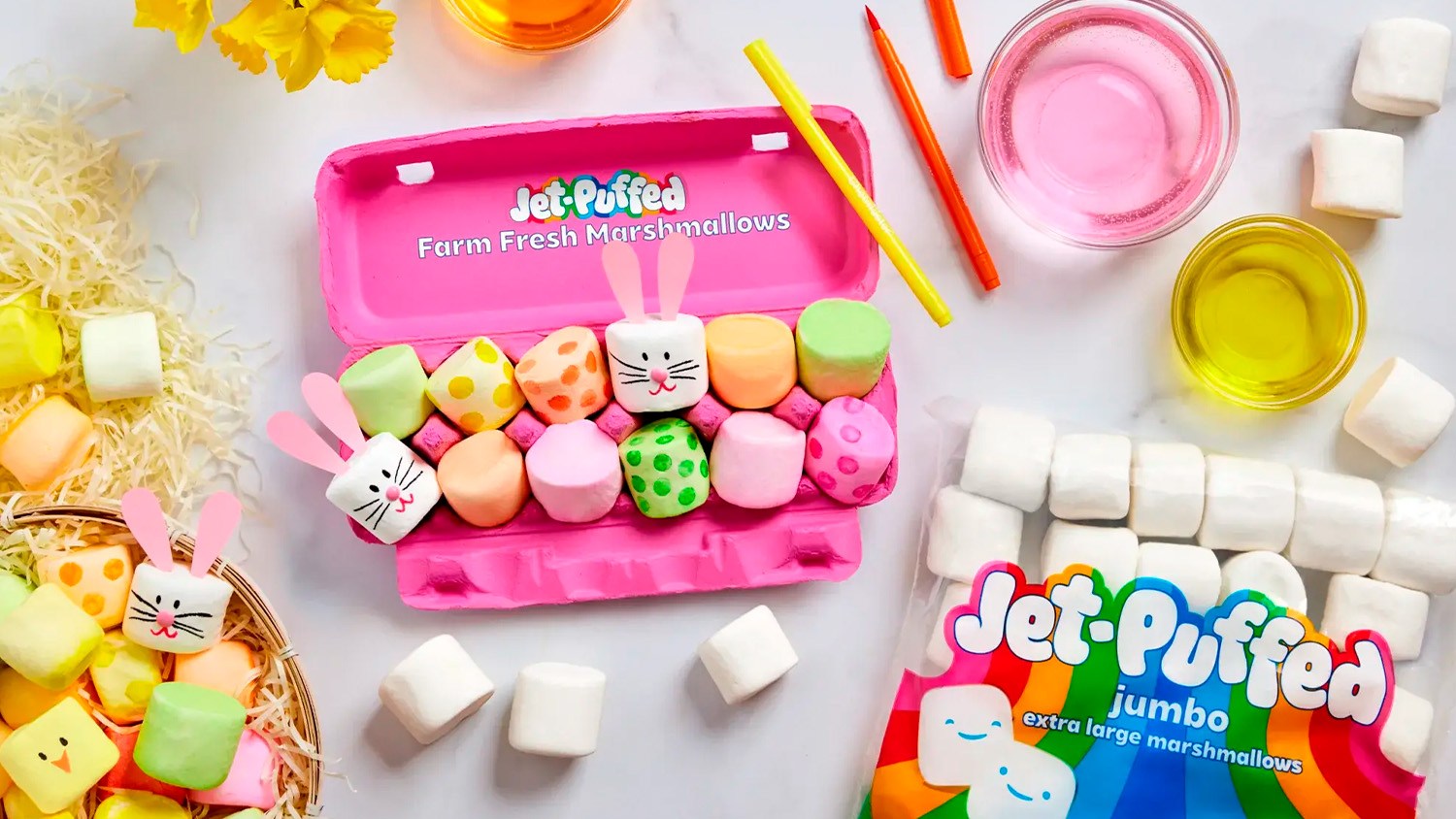MEMPHIS, Tenn. — No industry got hit as hard as restaurants during the pandemic. The Federal Government passed legislation supporting two Paycheck Protection Programs to provide forgivable loans. But as a WREG investigation found, the program hasn’t helped every restaurant in the same way.
The staff at The Rendezvous has had to learn to pivot and adjust during the pandemic. The Memphis barbecue mainstay has been open since 1948, but there were three times in 2020 when the dining room closed due to COVID-19.
“It was crazy but we made it through it,” server Calvin Bell said.
Bell has been a Rendezvous employee for 31 years. He said he felt grateful for how restaurant management handled the uncertainty.
“Everyone wondering what would happen next. But the way Anna had provided and would explain to everybody, it kept us off pins and needles,” he said.
Anna Blair is part of the third generation of the Vergos family to own and operate Rendezvous.
“The last year was really hard financially,” Blair said.
Blair is an attorney but works now in the restaurant’s management. She handled their application for the Paycheck Protection Program, which she called life-saving.
“The process for the PPP loan was tedious,” Blair said.
But it was worth it, because of all restaurants located in downtown Memphis, her business got the most: more than $750,000 the first round and more than $1 million the second round. WREG analyzed the federal data compiled by Pro Publica.
“I was surprised,” she said. “Just seeing that number is huge.”
But realistically, she expected it, thanks to the PPP formula. In 2020 they multiplied their monthly payroll by two and a half and in 2021 by three and a half.
“The only things that went into getting the PPP loan we did was payroll and health insurance numbers,” she said. “It was a godsend for us. We were able to get our core Rendezvous people back at full pay.”
“It went well. It was a blessing as well,” Bell said.
Some restaurants at a disadvantage
But steps away from the Rendezvous is another restaurant with a very different experience.
Arturo Azcarate is a Panamanian immigrant who opened his Monroe Avenue restaurant Curry N Jerk in 2018. Since then, he dealt with an electrical fire that forced the restaurant to close for nine months and then the pandemic’s constant challenges and adjustments.
“We had to cut our lunch hours away and we also had to cut hours because based on the timeframe the city had mandated, we were only open for three hours from 5 to 8 o’clock,” Azcarate said.
He knew he had a disadvantage with the PPP formula.
“I didn’t have a good income base because I never was open enough to be able to be eligible for maybe more than what I thought,” he said.
In fact, not even Azcarate, the owner, is on Curry N Jerk’s payroll.
“I don’t have the money to pay myself what I think I’m worth. At the end of the day everything I make goes back into this business to keep it afloat,” Azcarate said.
Of all downtown restaurants, Azcarate’s PPP funding ranks in the bottom 20 percent. He got around $43,000.
“It didn’t cover my payroll like I thought it would,” Azcarate said.
Cassandra Williams with Hope Credit Union said a lot of business owners have been frustrated with the process like Azcarate. Hope, which aims to help low-income businesses, has been in Memphis since 2004.
“Particularly with our black-owned businesses, in terms of challenges, knowing what paperwork to file,” Williams said.
She said there’s a knowledge gap fueled by historic exclusion that’s impacted generations.
“Being able to walk into a financial institution and get help or get resources you need, we have not had that access,” Williams said.
Studies show businesses in neighborhoods of color were last in line to get PPP loans around the country. Some didn’t get them at all.
In this local example, Azcarate said he had to rely on himself and phone calls to a faceless national bank.
“I have Bank of America and they really didn’t do anything,” he said.
“Did you have help with the application?” we asked.
“No I did not. I did a lot of reading,” he said.
However, Rendezvous, the 73-year-old business, had long-standing local resources.
“We worked with a local banker here who was great. Obviously our accountant, our payroll folks, our attorneys to make sure we were doing the right things, filling out the right forms,” Blair said.
Still, at Curry N Jerk, Azcarate said he could use any amount of help.
“I used it for paying my employees. I used it for expenses as far as utility, rent,” he said.
And his financial situation is improving; he said they’re starting to see dining room business increase.
Through it all, he’s going to keep doing what he knows best: working hard and staying positive.
“We’re making it and we’re surviving. We could still use more, we can do more and the community can do more for us as well,” he said.
Rendezvous owners said both their PPP loans were forgiven.
Azcarate said his first loan was forgiven and he’s still waiting to hear about his second.
About a week after WREG interviewed Azcarate for this story, we learned he had a heart attack followed by emergency surgery. Family members tell us they’re pitching in to keep Curry N Jerk open while he recovers in the hospital.




















